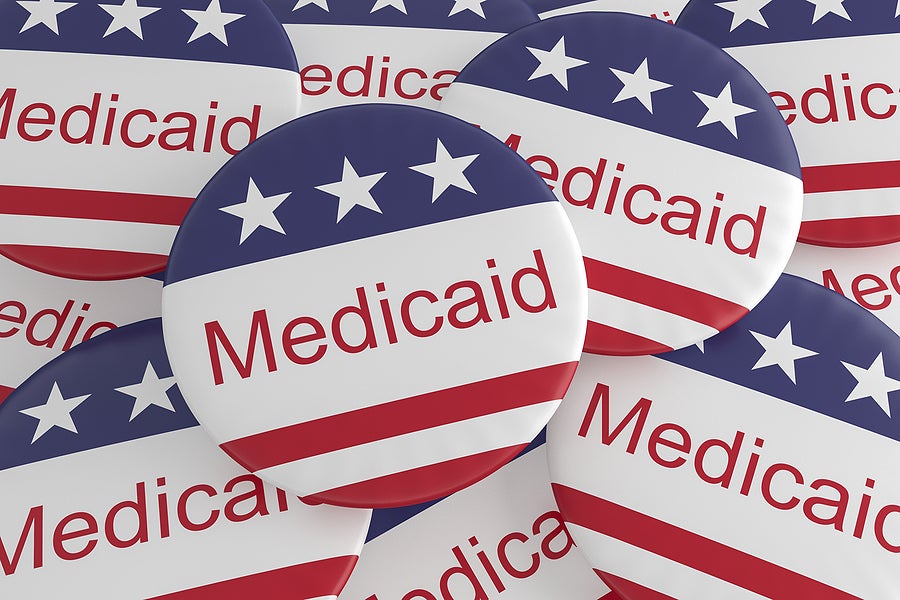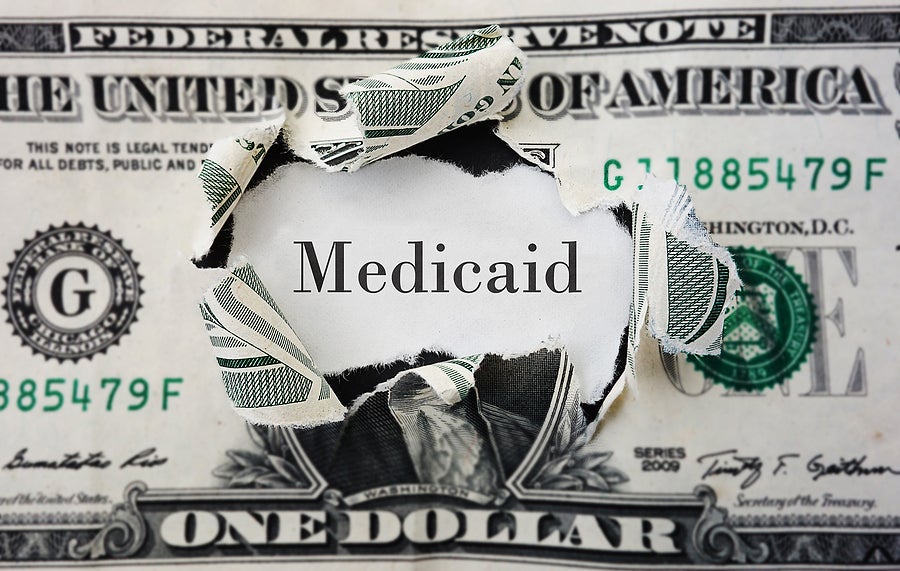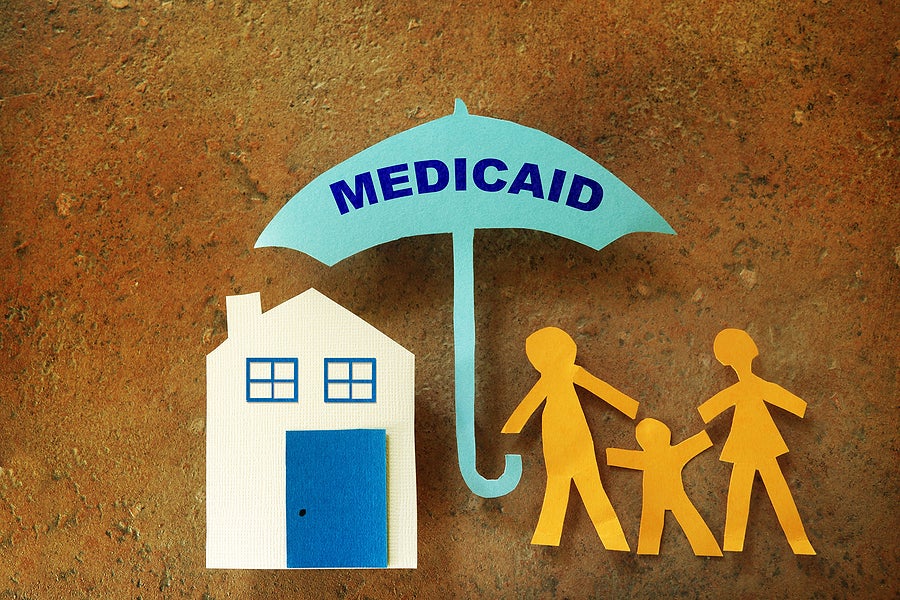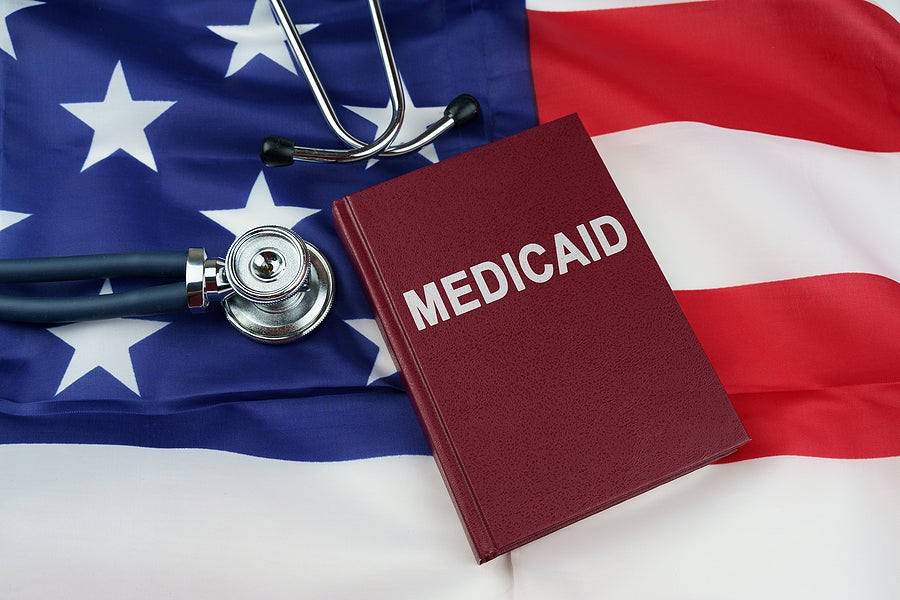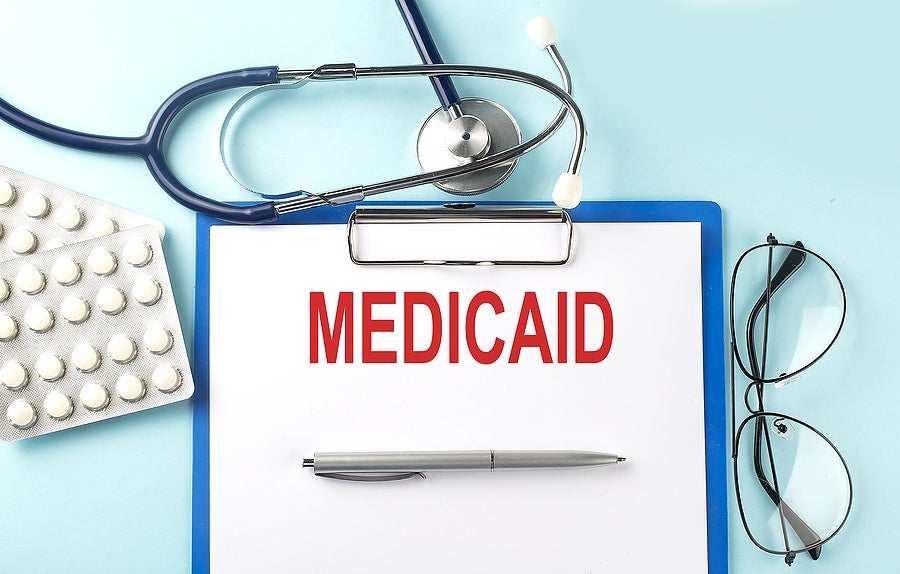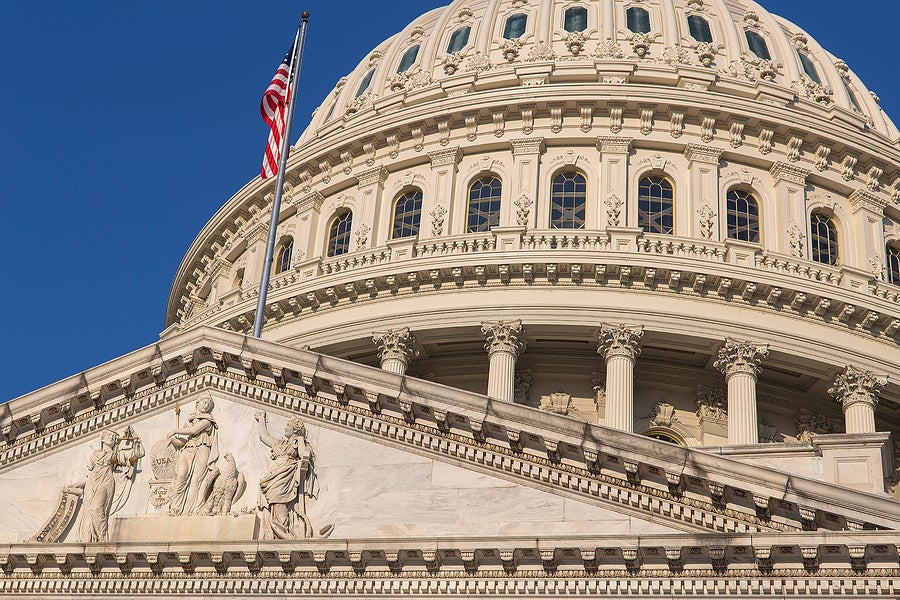Financing
-
North Carolina Finds Innovative New Way to Provide Families with Needed Medical Debt Relief
As a nonprofit health attorney over a decade ago I worked in North Carolina on pushing hospital systems to eliminate the practice of suing lower income patients for medical debt and associated abuses like pursuing liens against the houses of poor families. A Pulitzer-prize nominated newspaper series detailed the situation at the time in North…
-
Future of Medicaid Likely Hinges on Election but Voters Are Not Yet Hearing About Candidates’ Views
By Joan Alker and Michael Perry We’ve worked on Medicaid policy and/or public opinion research for three decades now and have observed its growing importance as the backbone of our health care system – now covering approximately 80 million people — as well as its centrality to voters. Medicare and Social Security are often described…
-
Prominent Conservative/GOP Plans Share Common Priority: Medicaid Block Grants and Per Capita Caps
The Project 2025 blueprint, the fiscal year 2025 Republican Study Committee budget plan, and the fiscal year 2025 House budget resolution all propose draconian Medicaid cuts, with a centerpiece of capping and cutting federal Medicaid funding through block grants and/or per capita caps. Together, they signal that radically restructuring Medicaid would likely be a high…
-
Another Sign That Trump 2 Will Target Medicaid for Deep, Damaging Cuts
What would a second Trump Administration have in store for Medicaid? The Project 2025 blueprint includes truly draconian cuts just like the House Republican Study Committee budget plan does. Now, a new report from the Paragon Institute provides yet another sign that Medicaid will be targeted – it recommends deep and damaging cuts in federal…
-
Latest House Republican Study Committee Budget Plan Again Includes Draconian Medicaid Cuts
On March 20, 2024, the Republican Study Committee (RSC), whose members comprise more than three-quarters of the House Republican caucus, announced its fiscal year 2025 budget plan. The budget plan proposes to cut total federal Medicaid, Children’s Health Insurance Program (CHIP) and Affordable Care Act marketplace subsidy spending by nearly 54 percent over the next…
-
Momentum for Community Health Workers in Medicaid Continues in the New Year
For some good news to start 2024, the gains for community health workers (CHWs) in the Medicaid world continue to increase. We’ve written about the value of Medicaid as a sustainable funding source for CHW services and growing efforts in states previously here on Say Ahhh!…but wait, there’s more! Michigan has integrated CHWs in targeted…
-
House Republican Budget Resolution Includes Draconian Medicaid Cuts
Yesterday, on September 19, 2023, House Budget Committee Chair Jodey Arrington issued a House budget resolution for fiscal year 2024 that would cut federal Medicaid spending by $1.9 trillion — or nearly 28 percent — over the next 10 years. While the budget resolution includes very little detail, it offers some indication about how the…
-
House Republican Study Committee Budget Plan Again Includes Draconian Medicaid Cuts
On June 14, 2023, the Republican Study Committee (RSC), whose members comprise more than three-quarters of the House Republican caucus, announced its fiscal year 2024 budget plan. The budget plan proposes to cut total federal Medicaid, CHIP and Affordable Care Act marketplace subsidy spending by more than half over the next decade, relative to current…
-
Assessing the Damaging Impact of Medicaid Work Reporting Requirements in McCarthy Bill
The Medicaid work reporting requirement provisions contained in Section 321 of House Speaker McCarthy’s draft debt ceiling bill released yesterday are a radical attempt to cut federal funds for Medicaid and will threaten coverage for millions of low-income people — not because people aren’t working but because they fail to jump over a whole new…
-
Speaker McCarthy Blames Medicaid for the Labor Shortage! Huh??
“Right now there are more job openings than people who are looking for jobs. You know why? It’s in part because the Biden Administration weakened work requirements. Incentives matter.” While that quote sounds like a line from a Saturday Night Live skit, it’s actually from Speaker McCarthy’s speech today on Wall Street outlining the House…
-
Medicaid and CHIP Provisions in Biden Administration’s Fiscal Year 2024 Budget
On March 9, the Biden Administration issued its budget plan for fiscal year 2024. Based on budget documents from the Office of Management and Budget (OMB) and the Department of Health and Human Services (HHS), here’s a brief summary of the provisions related to Medicaid and the Children’s Health Insurance Program (CHIP), along with the…
-
Center for Renewing America Budget Plan Would Cut Federal Medicaid Spending by One-Third, Repeal Affordable Care Act’s Coverage Expansions
According to recent media reports, Russell Vought, the former Director of the Office of Management and Budget in the Trump Administration who is now President of the Center for Renewing America, is a key advisor to House Republican leaders for the severe budget cuts they should seek as the price for agreeing to raise the…
-
House Republican Study Committee Budget Plan Includes Draconian Medicaid Cuts
House Republican leaders continue to threaten debt default unless the Biden Administration and Congressional Democrats accede to their demands for severe budget cuts. So far, House Republicans have not spelled out the specific budget cuts they are seeking as the price for agreeing to raise the debt ceiling, including to Medicaid. But last year’s Republican…
-
End of the Year Appropriations Bill Would Avert Medicaid Fiscal Cliff for Puerto Rico and the Territories
[Editor’s Note: The bipartisan spending plan was approved by Congress and signed into law by the President on December 29, 2022. Read CCF’s brief to learn more.] The bipartisan omnibus appropriations bill, which was unveiled early this morning by the Senate Appropriations Committee, would avert the dire Medicaid fiscal cliff facing Puerto Rico and the…
-
Florida Legislature’s Medicaid Folly
The Florida Legislature is about to make final decisions about the state’s budget in the next few weeks – decisions that are constructed on false fiscal assumptions — with reckless options on the table that would weaken the state’s health care system and lead to more uninsured Floridians if finalized. During what we all hope…
-
Federal Incentives to Expand Medicaid and 2021 State Legislative Session End Dates
Congress debates and looks likely to pass a COVID relief bill this month that includes substantial new financial incentives for Medicaid non-expansion states to finally extend health coverage to lower income parents and workers as 39 other states (including DC) have done. States that expand would get two years of increased Medicaid payments based on…
-
House-Passed American Rescue Plan Act Would Spur Medicaid Expansion and Promote Maternal Health
[Editor’s Note: President Biden signed the American Rescue Plan into law on March 11, 2021. See Georgetown University CCF/CHIR brief for a summary of final health coverage provisions.] On February 27, the House passed the American Rescue Plan Act of 2021 (H.R. 1319), its COVID-19 relief reconciliation bill. The bill includes a number of provisions…
-
Senate Voting Rules and Budget Reconciliation Explained (Part 1)
In the House of Representatives, legislation passes with a simple majority of 218 of 435 votes recorded on an electronic voting system. The Senate system is, by comparison, stuck in the dark ages. In the Senate, the clerk calls the names of each Senator and records the votes on a tally sheet. Like the House,…
-
Biden Administration Promises Predictability on Future Extensions of the Public Health Emergency
In a recent letter to Governors, Acting Health and Human Services Secretary Norris Cochran signaled that the COVID-19 public health emergency (PHE) “will likely remain in place for the entirety of 2021.” Moreover, the letter assures states that when a determination is made to terminate the PHE or let it expire, HHS will provide states…
-
The Tennessee Waiver: Block Grant, Aggregate Cap, or Windfall?
In their wondrous 1957 interpretation of a Gershwin classic, Ella Fitzgerald and Louis Armstrong sing, “You like potato and I like potahto/You like tomato and I like tomahto.” Their back-and-forth has echoes in the current debate over what to call the TennCare III demonstration, approved on January 8 by the former CMS Administrator, Seema Verma.…



